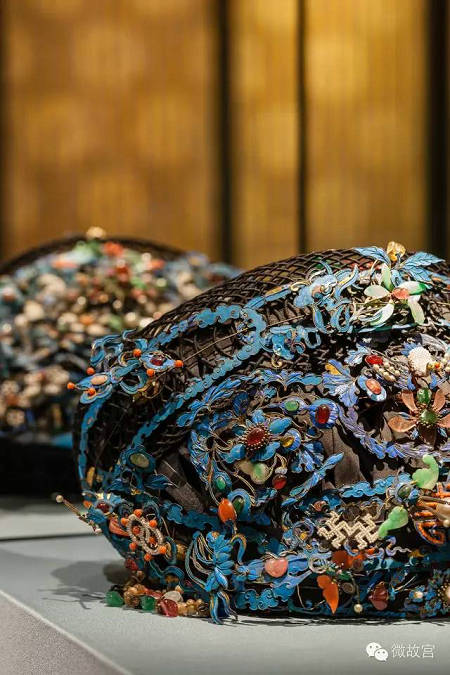
Oct 10 marked the 90th anniversary of the Beijing Palace Museum's founding. Besides opening four new sections to tourists this month - mainly the Cining Gong, the Cining Gong garden and the Shoukang Gong - the museum is holding a series of exhibitions of rarely-seen national treasures for the special occasion.
Let's take a look at some of the exhibitions underway. These include special shows, permanent exhibitions and displays of sites in original forms.
"The World Rejoices as One: Celebrating Imperial Birthdays in the Qing Dynasty"
Location: Wu Men (The Meridian Gate) and East and West Wings
Through Dec 21
The exhibition reveals scenes of birthday celebrations for Qing Dynasty royals, a fitting theme for the museum's own birthday. Now the museum's largest exhibition hall, the site covers an area of 2,800 square meters and is equipped with the best facilities.
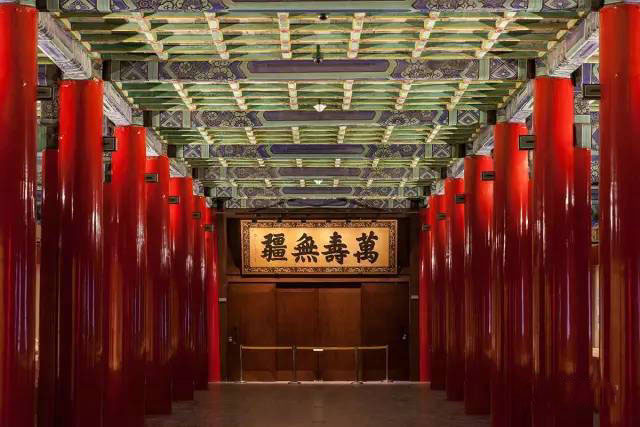
This exhibition brings together 517 pieces of rarely-seen relics. One of the most famous items is a 44-meter-long painting celebrating the birthday of Qing Dynasty Emperor Kangxi.
In the Qing dynasty, the emperor's birthday was called the Wanshou (Vast Longevity) Festival, while those of the empress dowager and the empress were called the Shengshou (Sacred Longevity) Festival and the Qianqiu Festival, respectively. The Wanshou Festival became one of the Qing court's most important festivals.
The Kangxi Emperor in particular famously organized a banquet for 1,000 elders, and the Qianlong Emperor subsequently followed his grandfather's example by twice holding banquets to pay respects to 1,000 elders, seeking to promote filial piety and harmony in society.
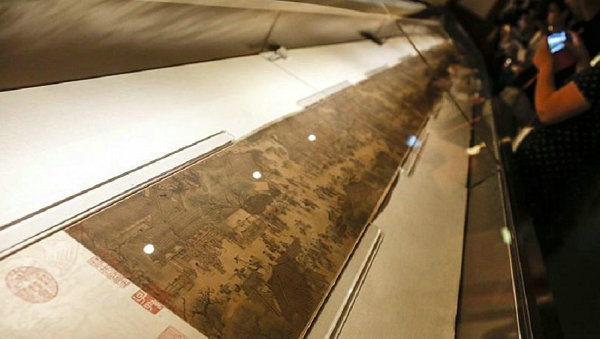
"The Precious Collection of the Stone Moat"
Location: Calligraphy and Painting Gallery, Wuying Dian (Hall of Martial Valor), Yanxi Gong (Palace of Prolonging Happiness)
Through Nov 4
The exhibition showcases a total of 283 treasures, largely from the Song Dynasty (960-1279) and Yuan Dynasty (1271-1368).
Wi-Fi will be available inside the exhibition, and visitors can scan a QR code beside nearly one-third of the exhibits to access an audio learning guide.
The Palace Museum displayed authentic Riverside Scene at Qingming Festival (Qingming Shanghe Tu) through Monday in the exhibition. One of the most famous Chinese paintings, the artwork called "China's Mona Lisa", was created by Zhang Zeduan during the Northern Song Dynasty (960-1127).
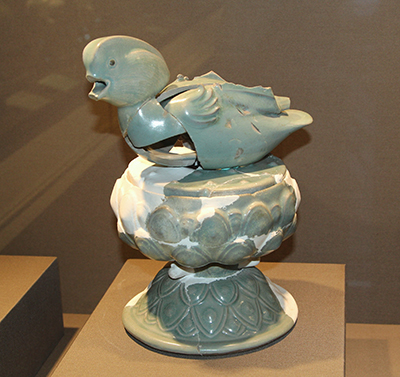
"Pure Elegance: A Special Exhibition of Ru Ware in The Palace Museum"
Location: Yanxi Gong (Palace of Prolonging Happiness)
Through Aug 30, 2016
The Ru kilns were ranked first among the five great kilns, in large part, because the light sky-blue glaze applied to elegant Ru porcelains appealed to the aesthetic tastes of ancient literati and scholar-officials. Due to the short period of production and great difficulty in firing, only a small number of Ru porcelains have been preserved today. Available statistics reveal that intact Ru ware in private/public collections around the world total less than 100 pieces.
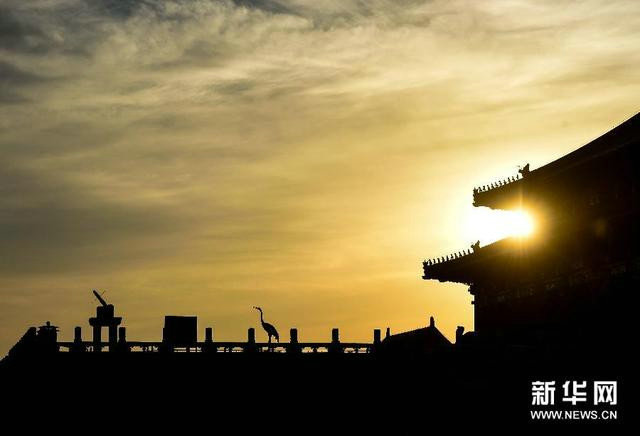
"Cultural Heritage Conservation and Restoration at the Palace Museum"
Location: Shenwu Men (Gate of Divine Prowess)
Through Nov 30
The Forbidden City served as the imperial residence and center of governance for 24 emperors throughout the Ming and Qing dynasties.
This exhibition is the fruit of the Palace Museum’s efforts over the past three years to combine advanced technology with intangible cultural heritage restoration. The gallery features methods used to salvage pieces that have been seriously damaged.
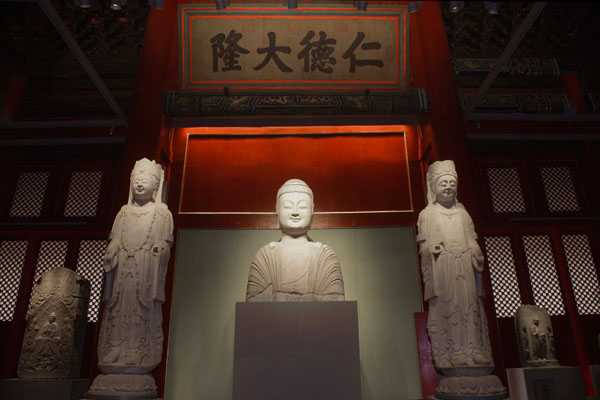
The Sculpture Gallery
Location: Cining Gong
Open from Oct 11
The Palace Museum Sculpture Gallery is located in Cining Gong, with five exhibition galleries: Supreme Sculpture, Han and Tang Terracotta Figures, Stone and Brick Reliefs, Xiude White Stone and Buddhist Statues. The display area is about 1,375 square meters, with a total of 425 exhibits.
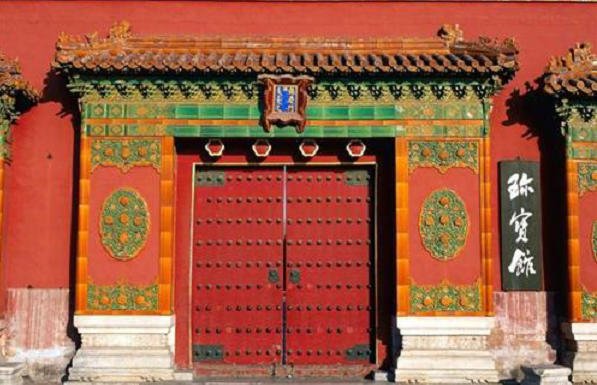
The Sculpture Gallery
Location: Cining Gong
Open from Oct 11
The Palace Museum Sculpture Gallery is located in Cining Gong, with five exhibition galleries: Supreme Sculpture, Han and Tang Terracotta Figures, Stone and Brick Reliefs, Xiude White Stone and Buddhist Statues. The display area is about 1,375 square meters, with a total of 425 exhibits.





